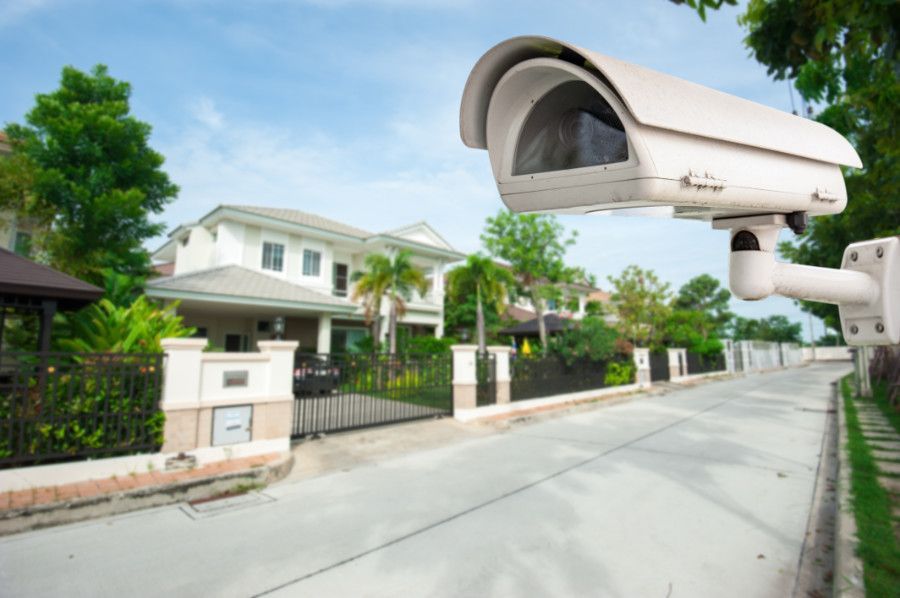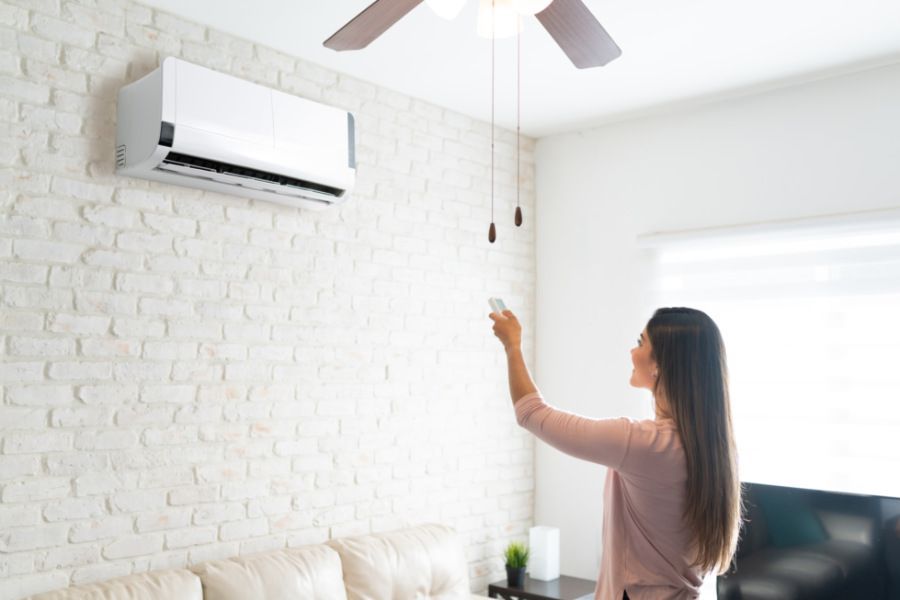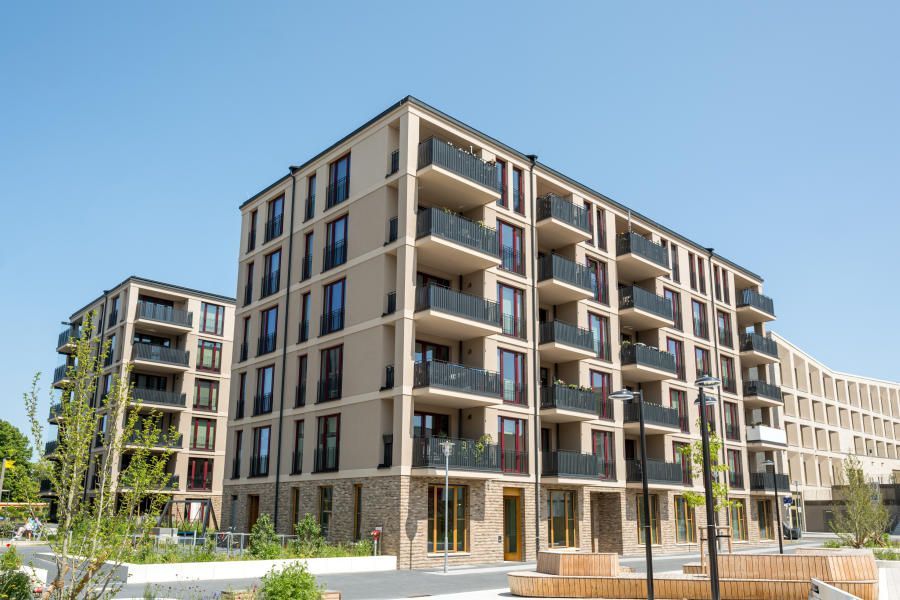
Mini-Splits vs Window Units. Which is Right for You?

A satisfied tenant is often a great asset to any portfolio. A happy tenant is a long-term tenant. Making sure your tenant is comfortable during the upcoming summer heat is important to keeping them happy. Today, we’ll go over the differences between mini-split and window air conditioning units so you can make the right choice for yourself and your tenant.
Upfront Cost
The upfront cost is the first difference between a window unit a/c and a mini-split system. A window unit generally costs between $200 for entry-level units and over $600 for higher-end units, including heaters. Window units are designed to sit in an open window. They tend to have fins to prevent the cold air from escaping through gaps, and occasionally, they may require some support. This makes the installation affordable and accessible and affordable for most do-it-yourself owners.
A mini-split system, on the other hand, will start at about $1000 and go up in price based on brand, power, and the amount of zones it controls. Unlike a window unit, mini-split systems aren’t nearly as DIY-friendly, meaning you'll likely need to
hire a handyman
or a professional. Installation of a mini-split system is an additional cost you’ll have to consider. On average, installing a mini-split system can cost $1,000 up to over $10,000, depending on the range of sizes, efficiency rating, and brands.
Long-Term Use
The differences become significant. While the upfront cost of a mini-split system is higher, its lifespan is usually 20 years compared to a window unit’s lifespan of 10 years. At that time, running a mini-split system cost less as it was more efficient than a window unit. It's been stated that a mini-split can lower the electric bill by 40% compared to a window unit.
Another aspect many should consider is the aesthetic and noise levels. A mini-split system is broken down into two parts: a condenser that can be installed somewhere hidden and an air handler that, when installed correctly, can blend into the walls of a room. Since the condenser is outdoors, there is little noise from the air handler inside. A window unit is all in one, meaning your tenant would not only have to sacrifice a window for it, but it is also quite loud and unattractive.
Maintenance
Much like the upfront cost, there is a significant difference between a window unit a/c and a mini-split. The maintenance for a window unit a/c includes cleaning and replacing the air filter every one to three months to ensure its efficiency. As well as filling in any gaps that may have opened up after installation. Since the coils sit outside the window, you may need to inspect and clean the outside, as dirt or debris may collect on the unit. Finally, most window unit a/c systems should not be installed year-round. They should be taken out of the window and stored correctly to safeguard it from damage when not in use.
Much like with window units, the main maintenance concern for mini-split systems is keeping them clean and minimizing obstructions. This means you should avoid having shelves or other furniture in the way of a mini-split air handler. For mini-split systems, the condenser is installed outdoors, and it also needs to be cleaned regularly every six weeks unless it was installed in a location that doesn't get too dirty.
The summer can bring with it incredibly beautiful yet hot days. If you want to ensure a long-term tenant, providing some form of cooling is a good idea. If you’re unsure what cooling system you should install or need help managing your Beach City rental property, we invite you to call us today at (562) 888-0247 or fill out our
Owner Application online.

Beach Cities Management, Inc. DRE# 01943397
Areas Served




